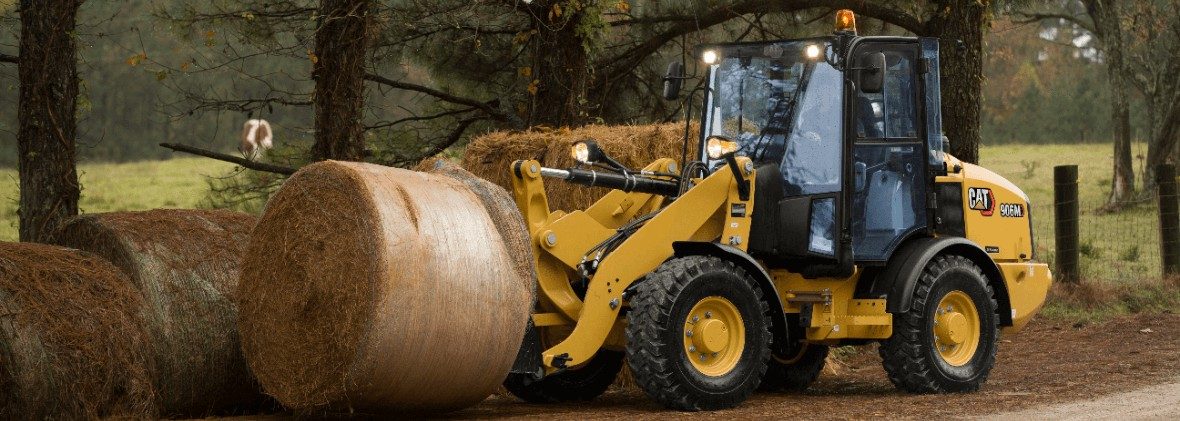
Tax Implications of Renting Farm Equipment
Renting farm equipment can save money and give you access to the latest technology without the cost of ownership. But before you decide, it’s important to understand the farm equipment rental tax implications. Federal deductions, tax credits, and state-specific rules can all affect whether renting is the best choice for your operation. Learn more about farm tax rules.
Tax Laws for Farm Equipment Rentals
When you switch from owning to renting, tax rules can change how you report income. For example, you must recognize gains from selling equipment before moving into a lease. This could influence your tax bill. Other areas to consider include:
Tax Deductions
Rental payments qualify as necessary business expenses. You can deduct them as rent, which lowers taxable income. Unlike depreciation on owned assets, deductions apply fully in the year you make payments.
Tax Credits
Some rental equipment may qualify for tax credits if it meets energy efficiency or environmental standards. Credits directly reduce your tax bill, offering extra savings.
Depreciation
You can depreciate owned farm equipment, but not rentals. Depreciation spreads costs over several years, while rental deductions apply immediately. See more about depreciation rules.
Tax Reporting and Documentation
Keep careful records of all rental costs for accurate reporting. Farm rental expenses are reported on IRS Form 4835 and Schedule F. Proper documentation helps avoid errors and ensures you receive eligible deductions.
State-Specific Rules
States may have unique tax rules for farm equipment rentals. Some offer additional deductions or credits. Check your state’s guidelines before signing a rental agreement.
Other Considerations When Renting Farm Equipment
Impact on Your Balance Sheet
Renting can improve your debt-to-asset ratio, strengthening your financial standing. Some lenders may still count future lease payments as debt, so review how rentals appear on your balance sheet.
Avoiding Depreciation
Owned assets lose value over time. Renting avoids depreciation, which is helpful for new farmers or small farms that rotate equipment often.
Equity vs. Flexibility
Owning equipment builds equity you can leverage for financing. Renting doesn’t build equity but offers flexibility, especially if you trade or upgrade machines frequently.
Maximizing Tax Benefits Through Rentals
Renting often provides tax advantages by allowing full deductions and potential credits. It can also improve financial stability by avoiding depreciating assets. Farmers who trade equipment every year may find that renting delivers more consistent benefits. Consult a financial expert to review how rental tax rules apply to your farm.
Rent Farm Equipment from The Cat® Rental Store
The Cat® Rental Store offers a wide selection of rental farm equipment to meet your operational needs. From tractors and trenchers to loaders and dozers, we provide high-quality machines supported by expert service. Browse farm equipment rentals, request a quick quote, or find a location near you today.
